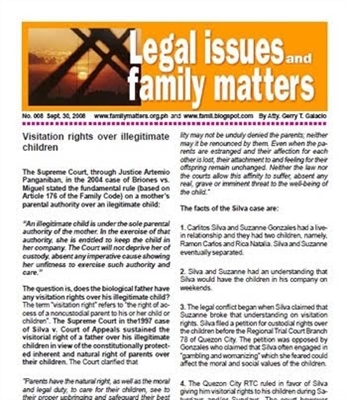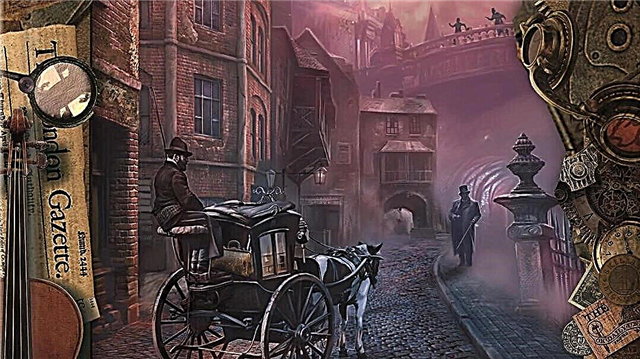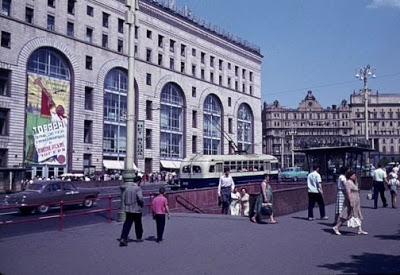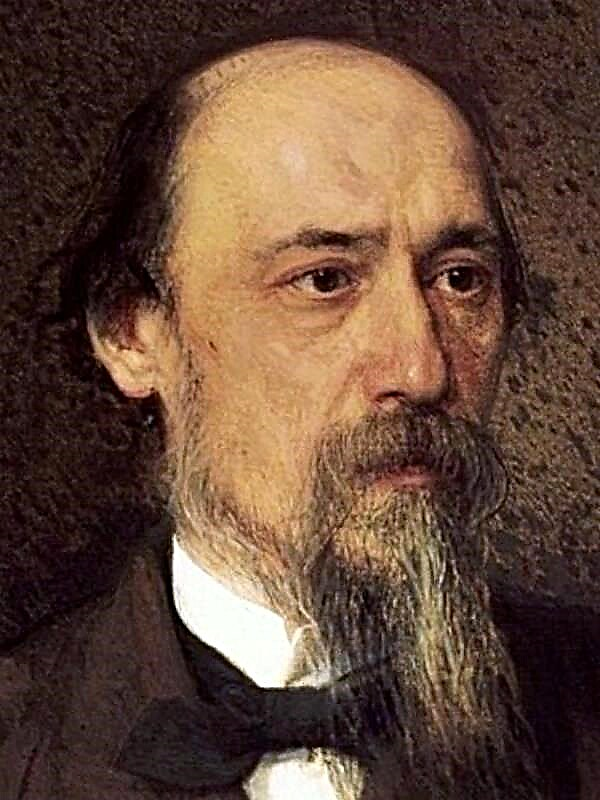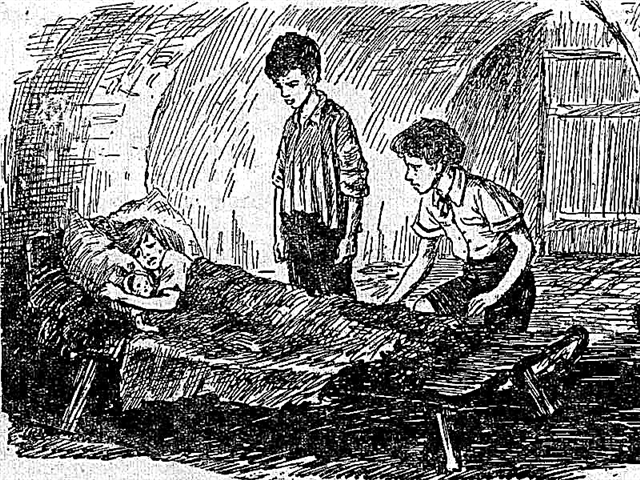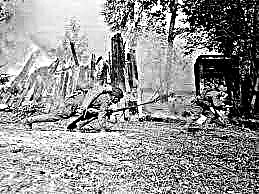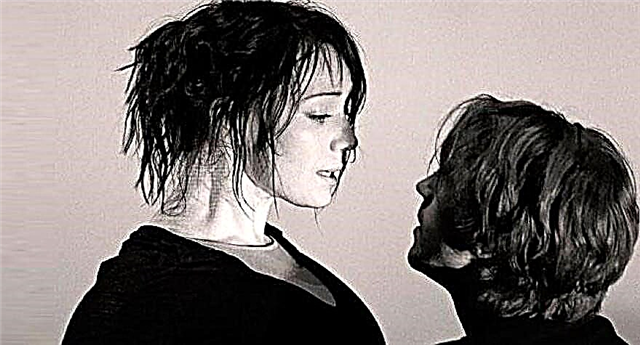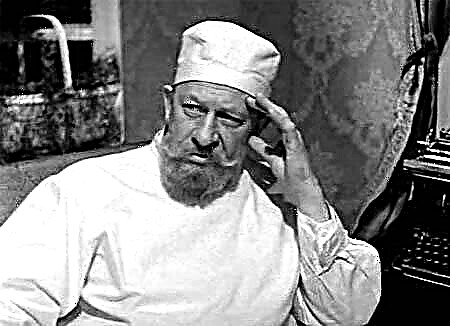(392 words) In the work of N.V. Gogol is given a broad description of the life of one of the most important estates of Russia at that time: peasant, landlord, bureaucratic. The writer's own observations formed the basis for the creation of the poem. The reader is presented with a real picture of the twenties and thirties of the nineteenth century. The city where the governor, landowners, officials, merchants, ministers, generals reigned unrighteously. The image of the disgusting behavior of the noble-bureaucratic system with its wildest orders is very clearly given.
Five chapters corresponding to the appearance of the characters occupy the central part in the first volume. They describe different types of landowners and nobles. Manilov, who does not know how to run a housekeeping, is replaced by Korobochka, who was sensitive to every trinket, and who Nozdreva stupidly lives his life - mean Sobakevich. The highest link in this chain is miser Plyushkin. He managed to bring his own estate to an insignificant state - ruin, from which the peasants also suffer.
The first landowner introduced in this chapter is Manilov. Signs of decline and abandonment can be seen in the description of his house: not often growing lilac bushes, faded log houses of men. Two chairs, covered with matting, stand beside good furniture. The landowner himself does not delve into the affairs of the estate, does not see the wildness of his own life. He can only fantasize and dream. Manilov’s actions in the sale of dead souls show him as an ownerless man. The man is trying to impress and please his guest: in addition to giving away “goods” for nothing, he also takes responsibility for the costs of making the deed.
The Box, which was morally and rationally empty, is not surprised at the guest’s unusual offer; on the contrary, he’s afraid to give his soul for a penny: “They’re worth it ... they’re somehow worth it.” Gogol used the word "clubhead" here, which clearly expresses the mental impoverishment of the landowner.
Nozdryov is endowed with meaningless activity. The hero is always ready to take on a new business, but is not able to bring it to the end. His occupation is a game of cards, fights, drunkenness, and dog hunting.
Sobakevich is very smart and courteous in the household. The ruin of men is not profitable for himself. The landowner understands perfectly well that everything in the world can be bought or sold, as well as sold. Therefore, at the request of Chichikov, he replies: “Please, I am ready to sell.”
There is nothing spiritual left in Plyushkin. This image is a clear example of the elimination of all moral from man. “If Chichikov had met him, so dressed up, somewhere at the church door, he would probably have given him a penny.” But it was a wealthy and wealthy landowner who had with him thousands of souls and well-stocked pantries. Nevertheless, all stocks were lost, because stinginess saved Plyushkin from understanding the importance of things.
Russia N.V. Gogol showed in reality, but with great indignation. Serfdom prevented the country from stepping forward, leading it into the past.

